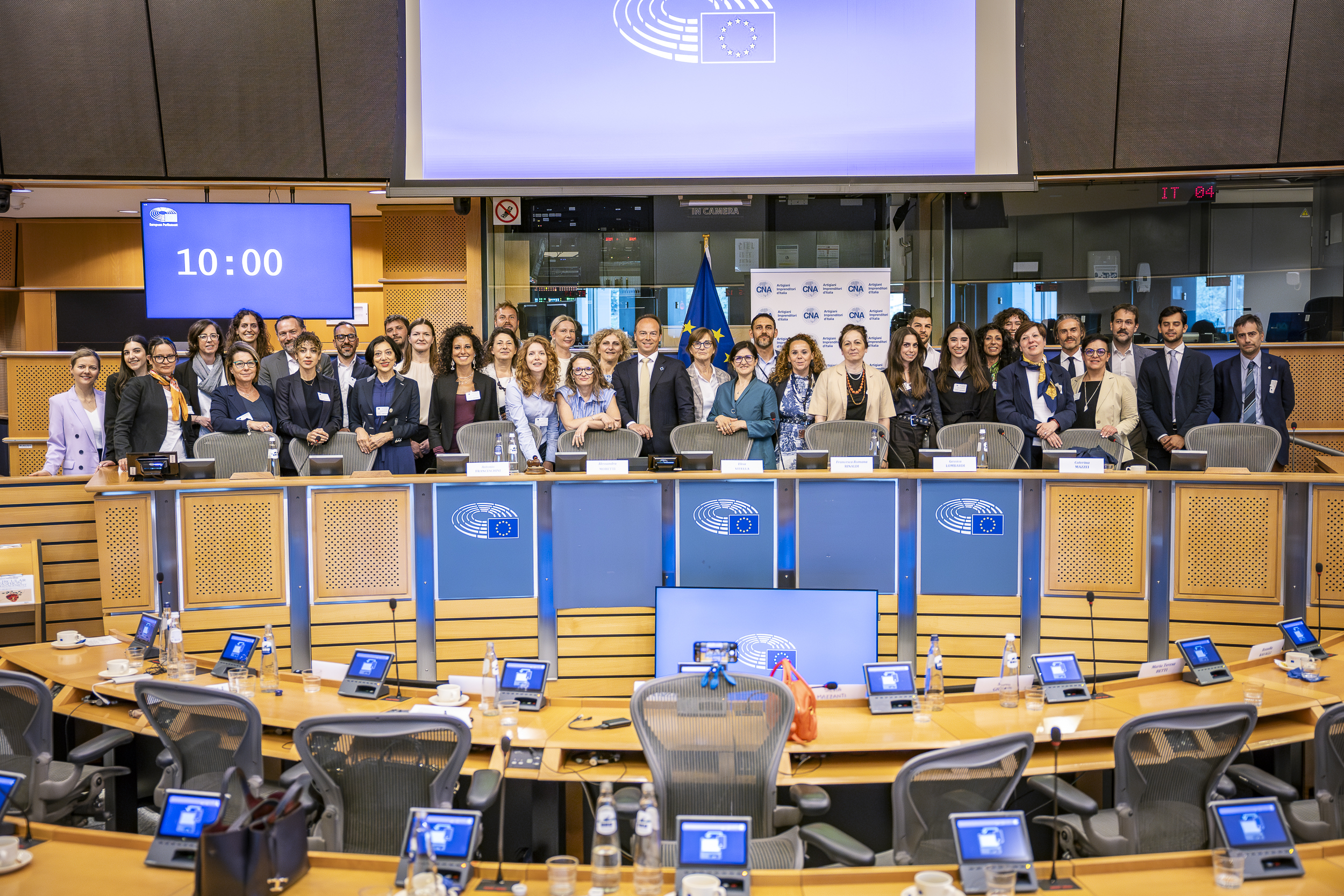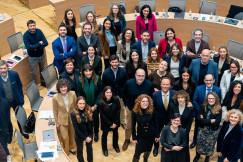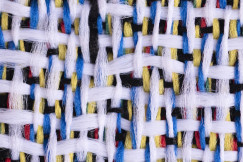Articles
03 July 2025
The Monitor for Circular Fashion at SDA Bocconi and CNA Federmoda Bring the Voice of Italian Businesses to Brussels
Articles
03 July 2025
R&I, techniques and technological solutions
Skills
Social dimension
+14 more
Login / create an account to be able to react
-
2

At a crucial time of transformation for Italian companies in the fashion supply chain—a sector that has seen its business base shrink by 30% over the past 15 years, with more than 33,000 companies disappearing—the Monitor for Circular Fashion SDA Bocconi and CNA Federmoda brought the voice of circular innovation to the European Parliament, contributing to a strategic dialogue with policymakers.
SDA Bocconi School of Management
Topics
Albania
Armenia
Austria
Belgium
Bosnia and Herzegovina
Bulgaria
Croatia
Cyprus
Czechia
Denmark
Estonia
EU-27
Finland
France
Georgia
Germany
Greece
Hungary
Iceland
Ireland
Italy
Kosovo
Latvia
Liechtenstein
Lithuania
Luxembourg
Malta
Moldova
Montenegro
Netherlands
North Macedonia
Norway
Poland
Portugal
Romania
Serbia
Slovakia
Slovenia
Spain
Sweden
Switzerland
Türkiye
Ukraine
Other
Academic / Research and VET Institutions
Business Support Organisation
Company with 250 or more employees
Cluster Organisations
Consumer Organisations
Cultural and Heritage Organisations
Destination Management & Marketing Organisations
EU Institutions
Financial Institutions and Investors
Industry Associations and Chambers of Commerce
International Organisations
Local Authorities
Media / Journalist Organisations
National authorities
Networks and Federations / Confederations
NGOs / Non-profits
Notified Bodies
Regional Authorities
SMEs (a company with less than 250 employees)
Social Economy Entity
Trade Unions
Other
-
Transition Pathway's building blocks
-
-
R&I, techniques and technological solutions
-
Skills
-
Social dimension
-
Sustainable competitiveness
-
Regulation and public governance
-
-
Industrial ecosystems
-
-
Textile
-
-
Textiles ecosystem areas
-
-
Fibres, yarns and fabrics
-
Apparel and clothing accessories
-
Household/interior textiles
-
Technical textiles
-
Leather and fur
-
Footwear
-
Research and Innovation
-
Technology and Machinery
-
Waste management, reuse and repair
-
Business support and Communication
-
Not area specific (interested in more than one of the above)
-
Share
On June 11–12, 2025, the Monitor for Circular Fashion (M4CF) organized a two-day mission in Brussels involving partner companies, representatives from European institutions, and stakeholders from the fashion industry. The initiative presented a key opportunity to discuss the future of European regulations regarding sustainability and circularity for the textile, clothing, leather, and footwear (TCLF) sector.
During the two-day mission, M4CF companies presented the work of three dedicated working groups—focused on ecodesign and waste management, social impact, and technologies—launched in 2025 to develop concrete and realistic recommendations to support the sector’s sustainable and circular transition.
On June 12, M4CF SDA Bocconi and CNA Federmoda, with support from CNA Brussels, hosted the event Circular Economy and the Fashion Sector: A Dialogue on Priorities at the European Parliament. Among the key topics: the importance of tailoring regulations to company size, promoting a “smart mix” between large and small players, and the need to strengthen partnerships between upstream and downstream actors in the supply chain.
The dialogue was further enriched by the presentation of the book Circular Fashion Management, edited by Francesca Romana Rinaldi, Director of M4CF at SDA Bocconi. The book proposes new ESG models for the fashion sector, integrating managerial tools with a systemic vision. The final chapter highlights the importance of collaboration between small, medium, and large enterprises.
The meeting also highlighted the strategic role of the EU Textiles Ecosystem Platform, established by the European Commission, in fostering dialogue between businesses and institutions, as well as facilitating the exchange of knowledge and best practices, particularly in engaging and training SMEs across the supply chain.
Comments (0)
Related content
See also
-
19
Welcome to the 'Competitive and Innovative Supply Chains' Workspace
- Categories
- Infrastructure Investments and funding R&I, techniques and technological solutions +16 more
-
3
Welcome to the Skills and Talent Community Workspace!
- Categories
- Infrastructure Investments and funding R&I, techniques and technological solutions +28 more
-
15
Welcome to the ‘Sustainable Business’ Community Workspace
- Categories
- Infrastructure Investments and funding R&I, techniques and technological solutions +19 more





